Having made us laugh on countless times, whether it be via Popworld, Never Mind the Buzzcocks or Grandma’s House (or his terrific stand-up), it was a joy to sit down with Simon Amstell over a coffee, to discuss his dramatic directorial debut Benjamin. He discussed the parallels between the film and his own life, and how he found the experience to be like therapy of sorts. He comments on the differences between himself and the character – brought to life by Colin Morgan – and on his own career, and why we don’t (sadly) see an awful lot of him currently on the TV.
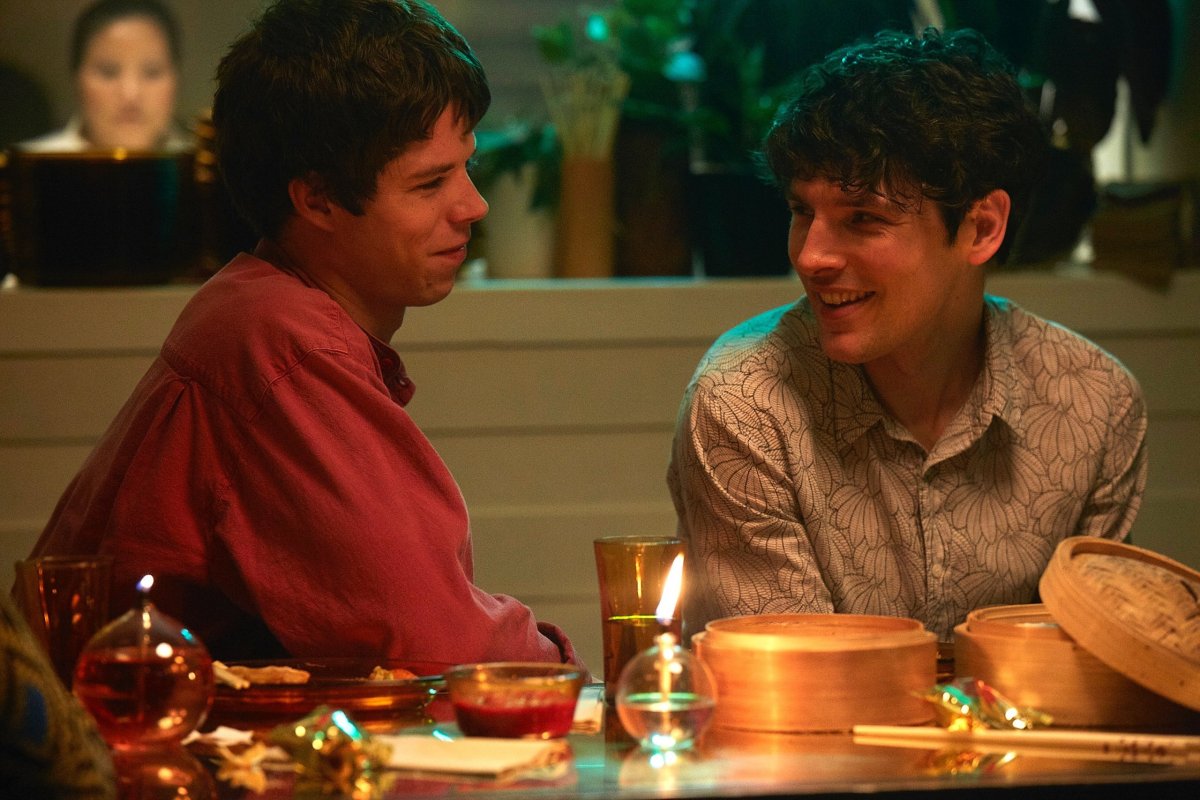
Benjamin is your debut feature film. When you have bands releasing their first album, you get a sense that it’s an accumulation of a lot of tracks they’ve had in their repertoire right from the very beginning. Was that the case with you and this movie – was it a collection of ideas that you’ve had swirling around in your head for a number of years?
There are definitely actual bits from my stand-up in the film. There’s a scene when Benjamin goes and sees a piece of pretentious contemporary dance at the height of his disconnection and loneliness, and I, at the height of my disconnection and loneliness many years ago, went to see a very similar piece of dance, and felt more disconnected and lonely afterwards. I ended up writing a bit of stand-up about that and when it came to the film, I thought it would be a very funny scene, a funny set-piece. My stand-up is very personal and revealing, for quite a few years, ad I’ve talked about relationships and break ups and all that kind of stuff, and all of that has ended up in the film. But I’ve had to invent a load of stuff as well, which is just new. But yeah, the film taps into a running theme, which is about seeking love from an audience when what you really need is to let yourself be vulnerable enough to experience intimacy.
The film premiered at the London Film Festival, and in Benjamin his film does the same. He’s very nervous about it – did you share similar nerves in real life about presenting the movie to an audience?
Well this is when I knew that I was different to the character. Because I was feeling nervous on the way, and then realised that I had written that anxious lunatic out of me, and there’s no point in fictionalising an aspect of yourself if you’re not going to get better, so I decided that I would enjoy the night and not end up like Benjamin, and I did, I really enjoyed it, it was really useful to have seen the alternative on screen.
Has the process been quite therapeutic for you? Because through this character I guess you’re confronting your flaws and anxieties.
Yes, it is very therapeutic. I wrote it as a way of figuring out what was wrong with me in my 20s, but I think having actual therapy is also useful. I don’t think that if I was sat on my own writing I would’ve got to the bottom of it, it was useful having an actual professional nearby as well.
So when writing the dialogue for Benjamin, and his thoughts and anxieties, was there a disconnect between yourself and the character, or at times were you literally writing the thoughts and feelings that belong to you?
I was writing my own feelings and thoughts, but it’s the most anxious feelings and thoughts. It’s the most confusing bits. If you want to write something dramatic, you wouldn’t write ‘we had a picnic today and it was delightful’. So, he’s me, but he’s the complicated bits, not the happy picnic bits.
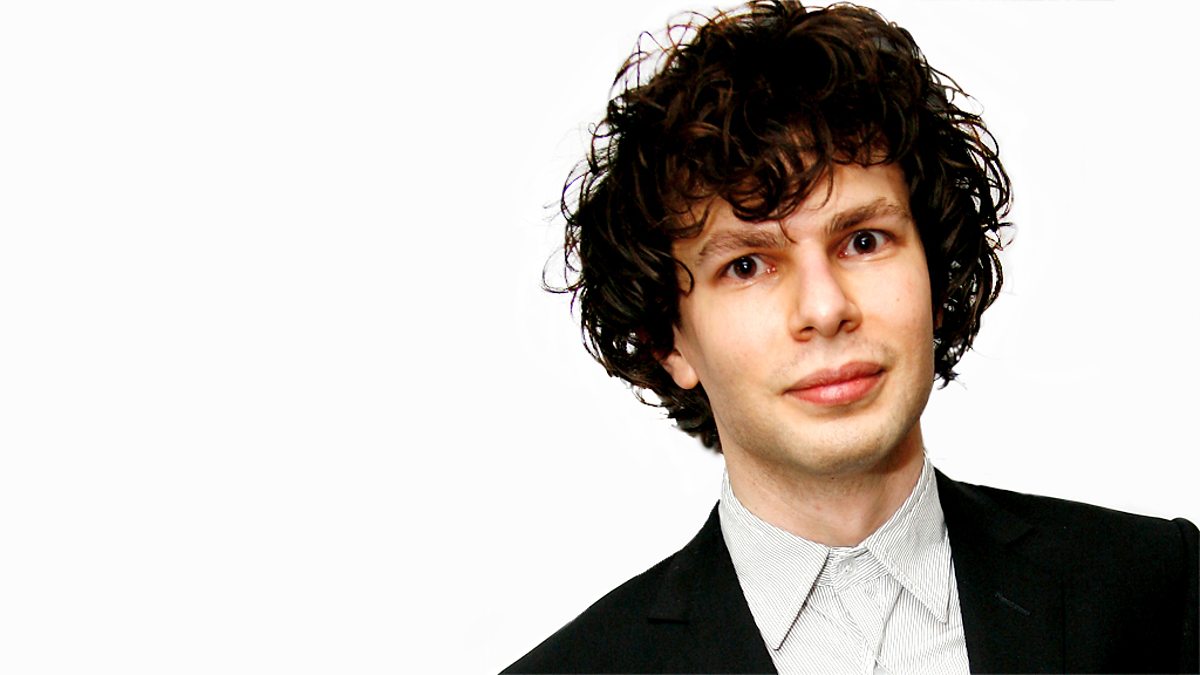
It’s a portrait of a former self – so what’s changed in you that makes you different now to Benjamin?
He’s very lonely, disconnected, anxious, depressed, and I’m not really any of those things, at least not to such an extent anymore. I’ve been in a relationship for the last seven years whereas Benjamin is terrified of intimacy, where I am often quite intimate with my partner. I’ve learnt to love and be loved, and he learns that during the film.
Colin Morgan is brilliant in the role, which is essential to this film working. You must’ve been thrilled when he came on board?
Yeah it was such a relief when he came in. We read a few scenes together and he was so naturally funny and made me care so much for him. I thought – we have a film now.
When directing him, given how close you are to the character, were there ever times when you’d think, how would I act in this situation, and then direct accordingly?
No I would never say that. I was never interested in anyone doing an impression of me, I was interesting in something authentic happening on screen, and I wanted him to bring himself into it. I get excited when I see something and you’re not sure whether it’s an aspect of the actor’s personality or the character’s, when those lines are blurring and you feel like you’re seeing into their soul rather than seeing a performance.
Talking of performance… Ellie Kendrick in that pretentious art performance scene is great. Was that choreographed, or did you let her just do her thing?
No, that was very tightly choreographed by myself and a choreographer called Jordan Robson. I got an actual choreographer in for that.

That was based on a real life incident, as you’ve said – was the scene when they take magic mushrooms based on real experiences too?
Yeah, many, many years ago when it was legal for a year I enjoyed magic mushrooms, and I think they really lightened me up. I remember thinking, ‘oh wow – this kind of happiness is possible, maybe I’ll be alright now’.
Can you ever see yourself writing outside of your comfort zone, and tackling science fiction or fantasy, for example?
My instinct says it will always be more grounded in actual reality rather than fantasy, and I suppose I’m interested in writing stuff where I figure something out about myself, where I go on a journey at the same time as the character. So at the same time as Benjamin going on this journey, to learn to love and be loved, I also went on that journey, I also, through him, understood what was holding me back from being in the moment with another human being without feeling like I had to be someone better.
One of the parallels between Benjamin and Grandma’s House, is the tone. Both share a warm atmosphere and a bittersweet tenderness, moving at times, yet consistently funny. How is that balancing act as a writer? To create something that is profound and touching, and yet comedic at the same time?
I think if you’re going for the truth of a situation, that comes out quite naturally. It was quite clear here that Benjamin was a character for whom humour was a defence mechanism, so we were going to have a lot of laughs with him, but there were also going to be moments where he had to stop being so defended. There’s a bit where Noah is sat in the bath with him and literally tells him to story talking so they can just have a moment together, and that’s quite moving as a scene. But they came from the character, it didn’t come from me wanting to write a moving scene, it came from what the character required at that moment to change.
Was this only ever for you to direct? It’s a story very personal to you, so when writing the screenplay did you always know it would be told by you? And as a writer, do you have any apprehensions about ever being screenplays and giving them away to directors to tell?
I couldn’t have imagined giving this to somebody else. When I was writing it, I could see it in my head and I wanted to get it on screen as I saw it. I think I like directing too much to give a script to somebody else, so I’m not sure that would happen, so let’s hope I keep on directing.
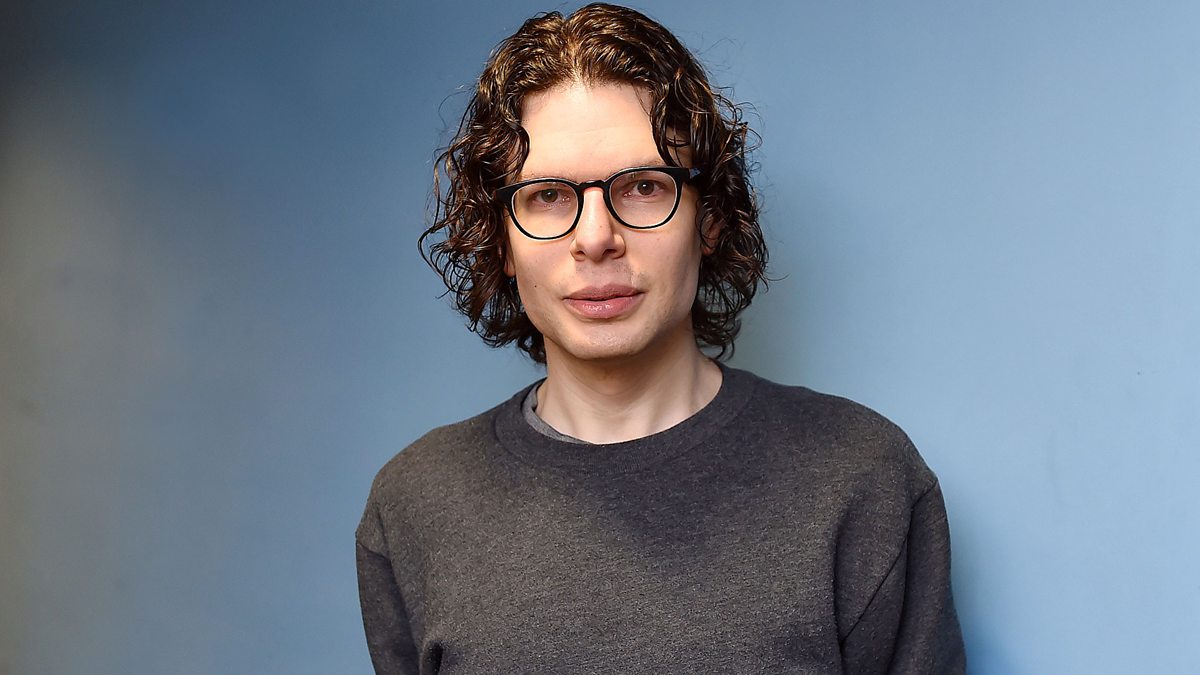
So it’s a process you really enjoy then?
Yeah, there’s nothing more fun than being on a set with a bunch of actors, playing. It’s really great. It’s thrilling.
You talk about this being a portrait of a former self, and your former self, your Benjamin if you will, has been on screen. Be it Popworld or Buzzcocks you can watch yourself from your 20s on screen. How is that? If you stumbled across a Buzzcocks re-run on telly, could you watch it?
I’m not sure if either of those shows are a portrait of who I was then, they are who I was presenting because there was a need to be a certain way.
Were they sort of like characters you were playing?
I think we all play characters all the time. You’re being different right now compared to how you might be with your sibling or friend. So I don’t think there is any one self of the actual person.
We don’t see an awful lot of you on screen. Often with stand-up comedians and presenters we see them crop up every so often as guests on panel shows and stuff, but you seem a more private person – do those appearances not really appeal to you?
No. I think it just takes so long to write a film that for the last few years I’ve been writing stand-up and films and it took a long time to write Benjamin, and it took a long time to write Carnage, which I did for the BBC. I’m only really interested in appearing somewhere if I have something to say and I’m not sure what I would have to say on any of those shows.
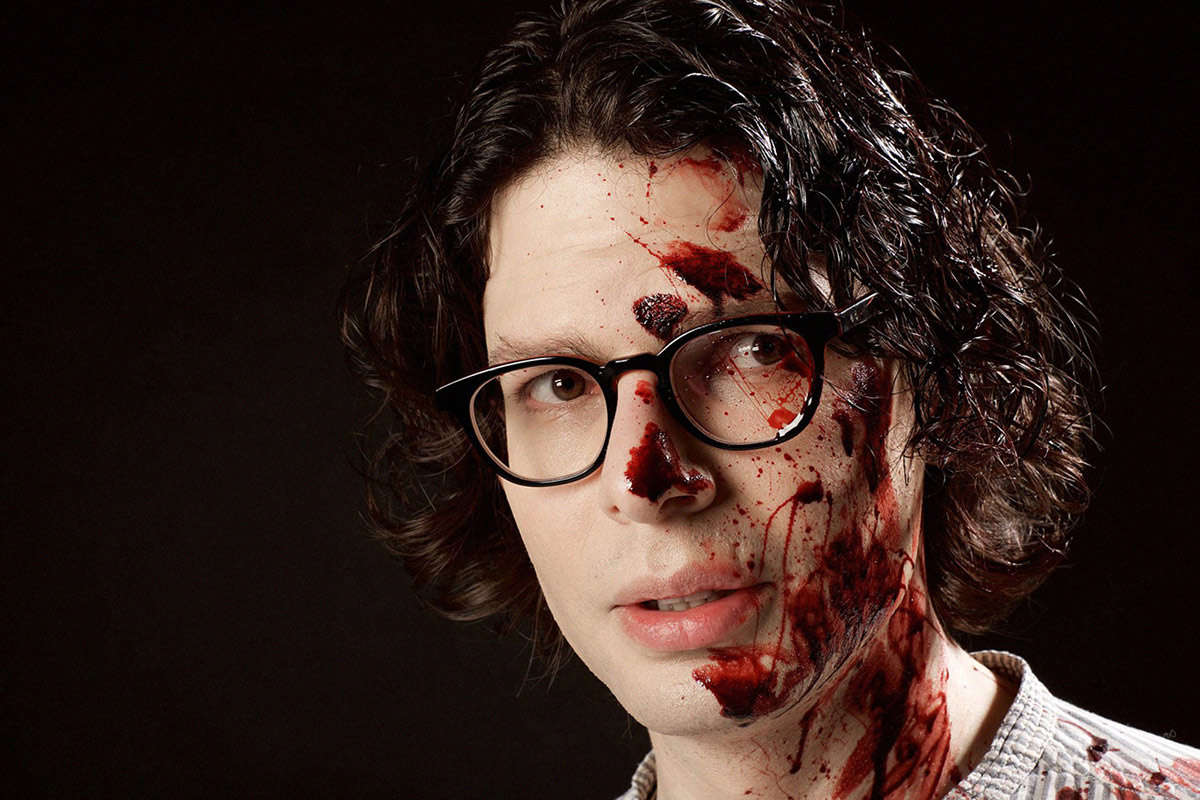
Do you still get a sense of imposter syndrome? We’re all winging it to some extent, aren’t we?
Yeah, but I think knowing that everybody feels that makes the feeling less troubling. Maybe a more healthy way to look at it is that we’re all learning all the time, and it might take a long time before you get to a point where you’re the master of something. It would make us feel more comfortable and safe. But I’m quite comfortable knowing I’m at the beginning of something and trying to figure t out, which is what keeps it interesting for me. I get quite bored easily and I stop doing stuff, so to be doing something that I don’t think I’ll master for quite a while is quite exciting.
You mentioned Carnage before, which is of course a documentary about veganism, and I’ve read that you’ve done work with refugee charities. Are you quite socially and politically conscious? And do you think there is any responsibility that comes with status and fame, in putting your values and beliefs into your art?
What I’ve tended to do so far, and it seems to work quite well, is to just follow my own bliss. I really like doing stand-up comedy, and that happens to be really personal and honest, and that seems to be as well as funny, hopefully, occasionally helpful to people who are also feeling a bit lonely or anxious. Then Carnage, that just came from a bit of stand-up I did years ago and I thought it would be quite funny to think of a world where we’ve all stopped eating animals and drinking their liquids because it was horrific, and it would be nice to make a documentary for the people of the future to explain what was wrong with the humans of a previous age. With Benjamin, I just wanted to write something about my 20s and my romantic relationships and to figure out what was wrong with me, and if that then connects to anyone who is unable to love or has a fear of intimacy, then that’s a really great side effect. So none of that comes from responsibility, all of that comes from joy. I think my only responsibility really is to be honest with myself and in my work, to me that is the responsibility. Because if that doesn’t happen then the whole thing is just a mess, it would just be crap. Just crap, not useful for me in my spiritual journey, and not useful for anyone else trying to figure out what is going on in the world. So to me that’s the responsibility. Just telling the truth, over and over again, even when it’s awkward and embarrassing. Occasionally, with Help Refugees, I’ll just have an urge to do something simple, like go and work in the shop for a few days, and that’s quite easy. But it doesn’t come from a feeling of responsibility, it just comes from an urge, a feeling of wanting to do something outside of yourself for a moment.
So finally, what’s next?
I’ve started writing a new film but I don’t know what it is yet. It’s a terrible mess, but hopefully at some point it will become something good.
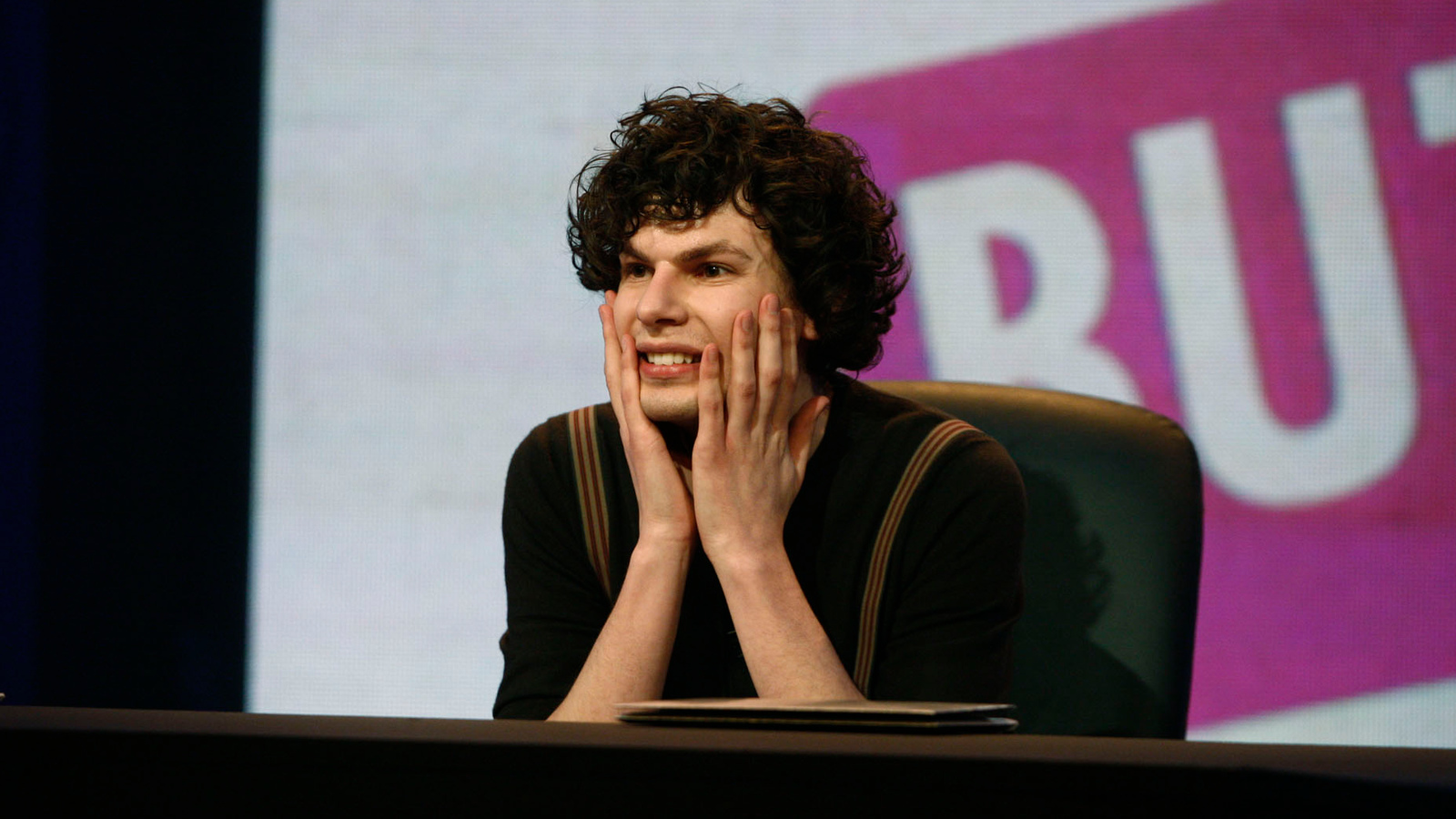

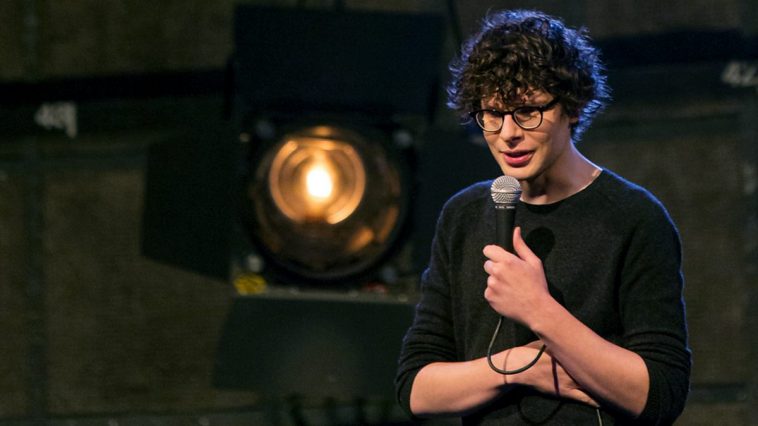
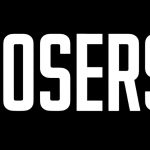
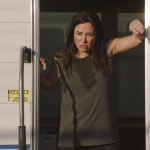


Leave a Comment